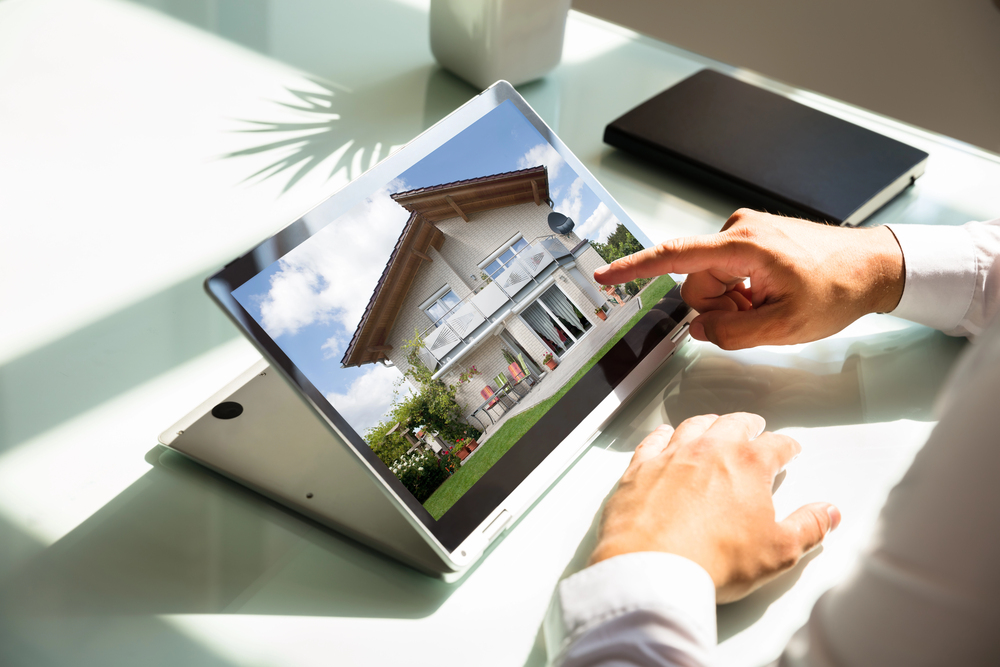Throughout history, buying property has been seen as an investment because the value is expected to increase over time. We forget that it’s purchased for one primary purpose: shelter. This holds especially true for those who own a personal residence — it serves as home, and finances are usually dealt with when it’s time to sell.
Buying a home is one of the most significant milestones in our lives, and it’s a valued achievement in adulthood. Aside from having a place to live, and wanting to be free from rent, is it an investment or is it an immense burden brought on by social pressures?
Does the Property Generate Cash Flow?
Owning property can be an investment or an expense depending on how it is used. If the home is residential and no space is rented, it’s not considered additional income. Having a home for living purposes is fine, especially when a homeowner wants to build equity.
For an investment to be favorable, there must be a return; profit minus the cost of investment. Unless the property is for rent or going on sale, there’s no return on buying a home. Investors need to consider purchasing additional properties in addition to their primary residence.
Building Equity Versus Negative Equity
One of the main reasons people are drawn to homeownership is the idea of building equity. Purchasing a home and paying off the monthly mortgage sounds simple enough, but they don’t talk about equity’s evil twin — negative equity. Instead of building equity in a home, homeowners can accumulate negative capital when the mortgage exceeds the value of the house.
When done correctly, real estate investments can contribute to overall equity, but on the other hand, negative equity will act like quicksand. Those who cannot meet their payments lose their homes and tarnish their credit reports for a seven-year period.
Incurable Defects
Homebuyers are drawn to beautiful properties well within their budget. Homes that are almost too easy to obtain come with additional costs that are not as obvious as hardwood floors or granite counters.
“Incurable defects” refers to conditions that negatively impact the home, and cannot be improved or repaired. Incurable defects are easy to miss and may cause a significant drop in resale price. These permanent flaws lower buyer offers.
When Costs Overwhelm Investment
The extra baggage homeownership carries may not be worth it to some buyers. At first, homebuyers escaping rent will see it as an opportunity, but if they lack stability, they end up resorting to selling the home. If you’re considering selling your home fast resources can be found online. What works for one family doesn’t always fit the needs of another. Some things may be more lucrative than homeownership.
Look into how much is being spent on the home regularly. Then, factor in the property tax and repair costs, and soon homeowners will realize that it is more of a headache than imagined.
Our Final Verdict
A house may be more of an expense than an investment in the traditional sense. For many, purchasing a home is more for freedom and increased quality of life. It is up to the buyer what they value more, and what kind of wealth they want to invest in their future.
Find a Home-Based Business to Start-Up >>> Hundreds of Business Listings.

















































